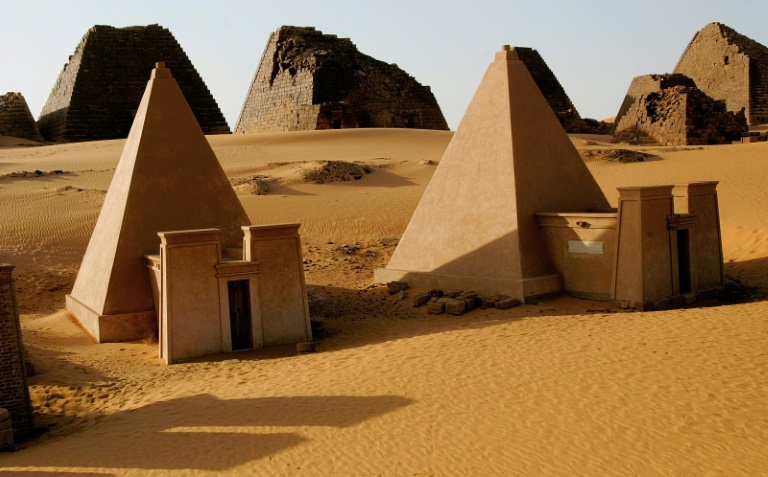Sudan fighting spreads to World Heritage Site

Fighting in Sudan has spread to the ancient sites of the Kingdom of Kush
Gezira – Sudan’s devastating nine-month war between two rival generals is spreading to a UNESCO World Heritage Site, an NGO reported late Tuesday, sounding the alarm for the remains of the ancient Kingdom of Kush.
The Regional Network for Cultural Rights said it “strongly condemns the incursion by the Rapid Support Forces (RSF)”, the paramilitary forces of general Mohamed Hamdan Daglo, “on the sites of Naqa and Musawwarat es-Sufra”.
RSF forces have been fighting against troops loyal to Sudanese army chief Abdel Fattah al-Burhan since April last year.
The NGO said the incident, which took place on Sunday, marked the second time since December that fighting had broken out at the religious sites, located in the northern River Nile state.
State authorities also reported “an incursion by the RSF, repulsed by the air force”, claiming that “calm has returned” without mentioning whether the sites suffered any damage.
The cultural rights group said it had consulted “reliable sources, images and videos posted on social networks showing fighting between the army and the RSF, which probably exposed the sites to vandalism, destruction, looting and theft”.
According to UNESCO, the archaeological sites of the Island of Meroe, located about 220 kilometres (137 miles) from Khartoum, was “the heartland of the Kingdom of Kush” and is home to pyramids, temples and dwellings dating back thousands of years.
The ancient civilisations of Sudan built more pyramids than those of Egypt, but remain largely unknown.
The Island of Meroe, which lies between the Nile and Atbara rivers, is a World Heritage Site whose ancient civilisation borrowed cultural traits from Pharaonic Egypt, Greece and Rome.
More than 13,000 people have been killed since the war began in April, according to a conservative estimate by the Armed Conflict Location & Event Data Project, and the United Nations says more than seven million people have been displaced.
